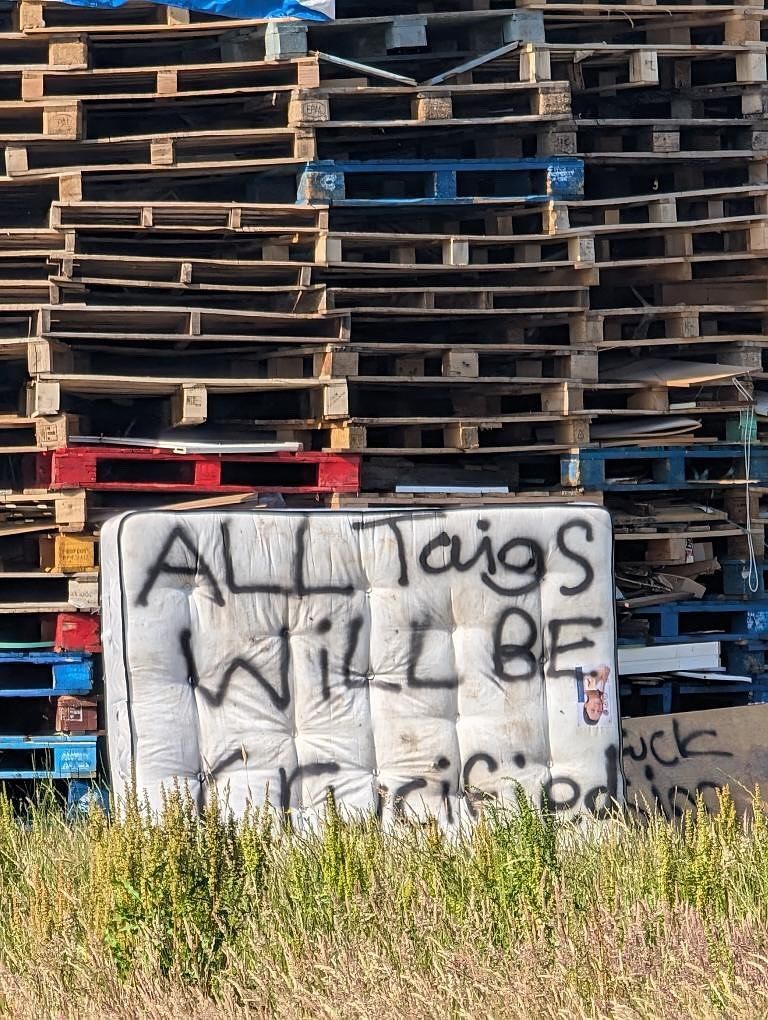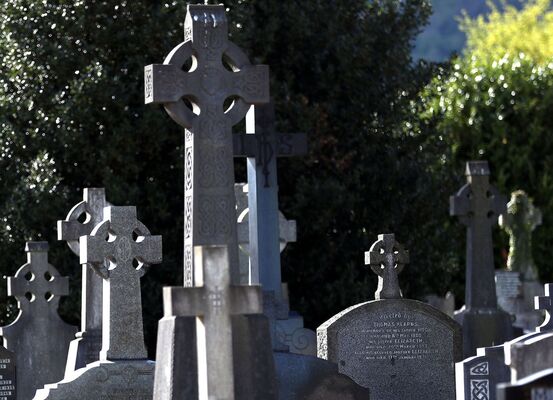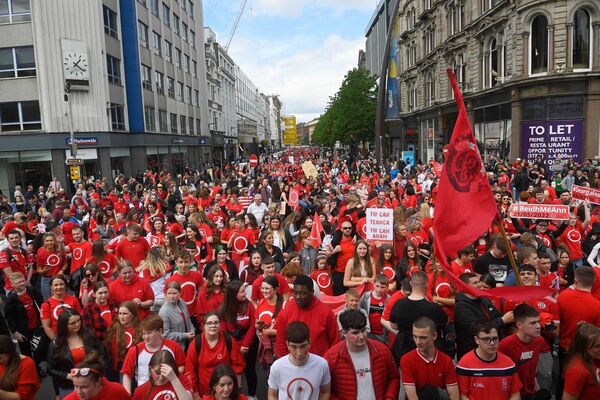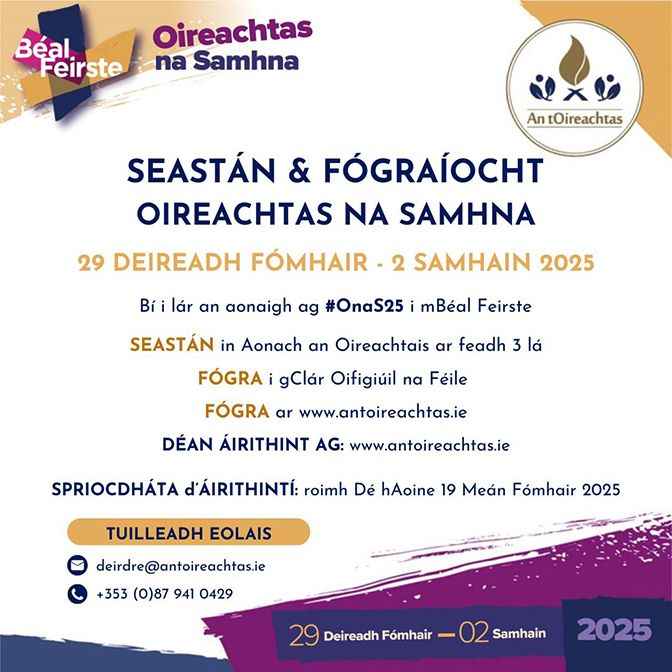"THAT’S a bit more Protestant."
I heard that a lot from adults around me as a kid. A newly-tidied room; a freshly-painted wall; the first mown lawn of the spring – and here it came. It was said with a smile and in a jokey tone, but it was so ubiquitous it felt to me even at a young age to be something more than just an odd and funny saying. It felt like somebody was telling me something important. And I learned in time that it was indeed – to use another popular Belfast phrase – a joke with a jag.
The history of the British Empire tells us that wherever a Redcoat barracks was built, the insults to the indigenous populace weren’t far behind. The centrality of scorn and contempt to the psychology of human hierarchical behaviour is well documented and bad-mouthing of the locals was a reminder to both colonised and coloniser of the natural order of things. Stupidity, of course, was always the insult of choice for Tommy Atkins as he sweltered in uniform under a tropical sun or blew raindrops from his nose in the midst of another Irish downpour. And when he got bored mocking the childlike gormlessness of the blacks, the browns and the Paddies, he’d take out his stubby pencil and write semi-literate letters home containing hilariously shocking tales of squealing pigs in mud-huts, donkeys in Connemara cabins and fingers for toilet paper.
The thick Paddy stereotype has remained incredibly resilient over the centuries in England right up to this day, but for some reason it’s not and was never a thing in Loyal Ulster – perhaps the refusal of the aforementioned Tommy Atkins to differentiate between the intellectual acuity of his Irish Protestant and Irish Catholic comrades played a part in that. But the idea of the Irish, the Catholics, as unhygienic lingers here in the cultural delta of extreme loyalism and Rangers fandom, where ‘soap dodgers’ and ‘the great unwashed’ are synonyms for both Fenians and Celtic fans.
As a young journalist I watched City Hall unionists flap their hands rapidly in front of their noses whenever they passed a Shinner, and they soon progressed from that to spraying deodorant across the chamber.
I grew up in a Catholic-only environment thinking that Protestants must, in fact, be cleaner than Catholics; their streets tidier; their clothes smarter. I thought that way because I kept hearing that nice things were “a bit more Protestant”; because I saw poverty and need in the streets I grew up in; because I had no idea that a few hundred yards away poverty and need also stalked the streets where lived the Protestants I never knew.
EYESORE: Blackened bonfire materials beside a playpark off the Donegall Road in South Belfast
I was reminded of all of this by the traditional announcement of the beginning of the bonfire season proper. Just as the arrival of house martins from Namibia in the eaves of my home herald the arrival of summer, across the city a vile graffito on a rickety pile of wood and tyres always serves the same annual purpose. This year the first message, on a bonfire in Ballybeen, read ‘All Taigs will be crucified.’ It was scrawled on a mattress that had reached the end of its useful life and was thus coloured and scented by the countless intimate emissions – accidental and deliberate – of its years of human contact.
I winced when I saw it, not because anybody’s going to crucify one Taig this July, never mind all of us, but out of vicarious embarrassment. And I asked myself why there was not a single unionist or loyalist person – of influence or of none – willing to stride publicly up to that bonfire and drag that obscenity away. Because I know that if something like that went up in a non-unionist area it would be gone in 60 seconds, or at least as long as it took for word to get around. It would be gone not just because of the scrawled hate, but as much – if not more – because of the real message sent out by a death threat daubed on a pishy, smelly mattress – a message of despair, of resignation, of hopelessness.
It’s human nature for us to enjoy our traditions and culture, but it’s an indicator of the touching fragility of the human condition that we enjoy watching other people enjoy our traditions and culture even more. But where’s the pride in the tradition of summer bonfires when its public face is allowed year after year to be a grotesque spectacle of hate and division? Where’s the joy in a marching season culture that allows itself to be hijacked by its basest elements?
From time to time I still hear ‘That’s a bit more Protestant’ when something’s cleaned up or improved, but the jag has gone now, and all that’s left is the joke. The reformed faith that the marching season purports to celebrate began half a millennium ago with Martin Luther nailing his 95 theses of hope for change to a church door. Will any unionist step forward and nail some new ones to a bonfire pallet?
This Eleventh Night, don’t hold your smoky breath.






